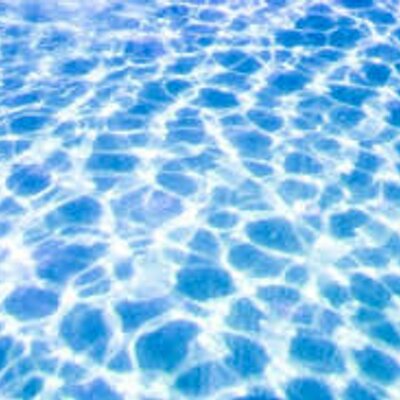
Nature of work
A hydrogeologist studies the distribution, flow and quality of water underground. She/he applies knowledge of fundamental geology to develop and understand how the rock types and structure in an area impact on groundwater occurrence and movement, understands and interprets maps, geographical data, historical evidence and models to make an image of the groundwater system and/or land contamination that based on incomplete information, he/she uses computers to model groundwater flow, chemistry and temperature according to geological formations, surface water flow and man-made influence. Also he /she undertakes field work and site visits for investigative and monitoring purposes such as designs, sampling and measuring groundwater and surface water. He/she analyzes collected information to assess and/or predict the impact of activities such as landfills, construction developments, mining or agriculture on groundwater quality and resource availability, liaises with other, hydrologists, ecologists, engineers and other professionals in related fields. In addition to that, he/she manages projects and contractors, and he/she usually writes reports which can be understood by clients who don't necessarily have a technical background. Environment of work
Working hours tend to be from 9am to 5pm in the public sector, but longer for those working in the private sector. Long working hours may be required during field work, at busy periods or when deadlines are approaching. Weekend working is unusual. Work is typically office based, but site visits and field work can form an essential aspect of the work, especially within consultancy. These can take place throughout the year and in all weather conditions. Some roles also have an element of laboratory work. Flextime and part-time work is available with some employers. An experienced hydrogeologist may become self-employed as a consultant once he/she has a wide background of experience and a good reputation. Travel is typical within the working day, and there may be occasional overnight absences from home. There are opportunities for overseas work for those with appropriate experience. Professional life
Career development depends on skills and ability, but can be fast within groundwater specialisms. It is possible to progress into team leader positions that involve making decisions about planning and use of resources, as well as managing people. Opportunity for technical progression is significant and leads to a specialized role, sharing knowledge and experience of a specific aspect of geoscience with colleagues.Specialisms can include:
- Groundwater resource evaluation and drinking water supply;
- Contaminated land investigation and remediation;
- Groundwater modeling and risk assessment;
- Dewatering and groundwater engineering.
Range of typical starting salaries: 50000 SYP.
Getting the job
A Bachelor’s degree in geology, environmental science, science or engineering, with a postgraduate qualification (Masters or PhD) in hydrogeology, geochemistry, engineering, geology or environmental science is usually required. Entry without a degree is not possible due to the scientifically challenging nature of the work. Employers generally expect a Masters degree in hydrogeology or a related subject that includes groundwater, particularly those recruiting for international vacancies. Some employers will recruit graduates from relevant degree disciplines and support them through Masters study, either full or part time, while employed with them. Skills
A candidates will need to show evidence of the following:- A good level of numeracy.
- Scientific knowledge across the range of disciplines.
- Ability to visualize geology and conceptualize groundwater flow in three dimensions.
- Ability to draw conclusions from incomplete information.
- Ability to evaluate complex data.
- Project management skills.
- An organized and flexible approach to work.
- Commercial awareness.
- Team work skills.
- Communication skills.
- IT skills.
Sources and references
If you need any further information on what is included in this file, you can visit the following websites:- www.thehydrogeologist.com, a collection of hundreds of links to hydrogeological organizations, software and data
- The Order of Syrian engineers, Damascus, Tel: 6627256
- www.arab-eng.org, Arab Engineers Forum.
- Arab Standard Classification of Occupations, 2008, Ed. Arab Labor Organization.
